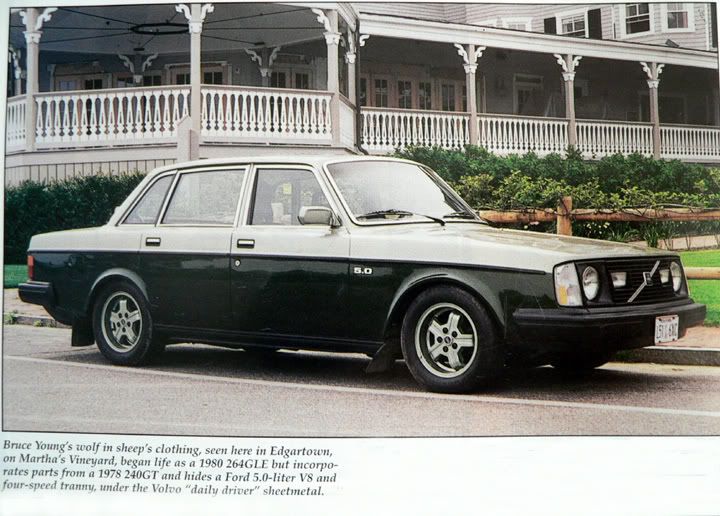|
My first guess would be to verify that you're running good plugs (non-platinum), good wires, and a good cap and rotor. Make sure that the valve assembly in your Idle Air Control Valve is clean (shiny clean) and free of oil, varnish, contaminats, and responds quickly. Run two bottles of Techron through the fuel system to try and eliminate any deposits in the injectors. Hook a meter up to the O2 sensor in parallel and make sure that it's jumping nice and quick, and if you haven't replaced the sensor in 5 years, now would be a good time.
If all of these are ok, I would (on a hunch) check the compression in the cylinders. I would speculate that if you're up in the 190-200 range, you may be getting excessive blow-by past the rings when the cylinders fire. If you have a high level of carbon buildup in the cylinders, that would increase the compression ratio to a point where it starts pushing a decent volume past the rings when the cylinder fires. If the rings in any cylinder behave slightly differently at extreme pressures from any of the others, and in a repeatable manner, then you may pick up an engine quiver. -Note, this is purely speculation, but it's my best guess. I'm curently working on my '87 245 and a friend's '86 245, both of which have significant carbon deposits, high compression test results (195-205 on all cylinders), good ignition systems, no vacuum leaks, and both have a similar quivering at idle speed. The idle is constant (doesn't drift more than a couple RPM), but something is definately causing a regular, repeating, shake (even with new engine mounts).
FYI, the Haynes manual indicates that the engines (B230F) should have compression tested around 170 at the factory before it left the assembly line. I may end up pulling the head some Saturday and cleaning the cylinders. Hopefully that will solve the problem. I'll keep you guys posted.
God bless,
Fitz Fitzgerald.
--
'87 Blue 245, NA 234K
|

